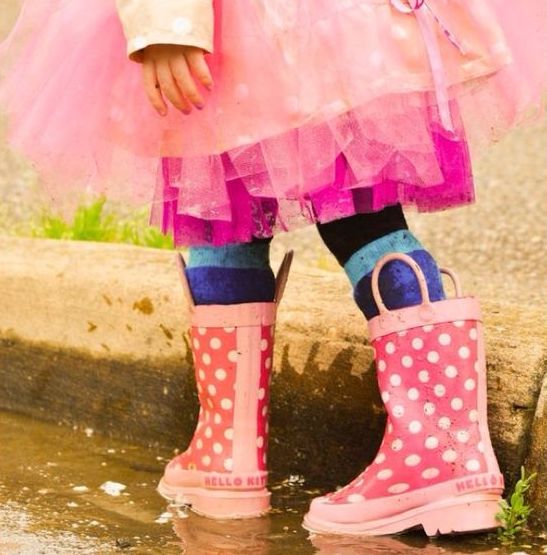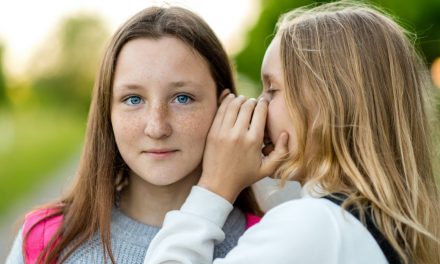What happens to our fearless little girls when they start school? What self-esteem strategies for girls will help them to trust their intelligence?
I have a 5-year-old niece whom I adore. She is tenacious and fearless and smart as a whip. She comes housed in a tiny little frame but as Shakespeare said, “Though she be but little, she is fierce”.
Apart from intelligence and strength, Isla’s other distinguishing feature is that she has sass. She’s taking over the world and she’ll be taking no prisoners. She has a penchant for tulle and purple. She chooses happy clothes and she likes to wear her long hair down because it feels nice.
This year Isla started school. I expected to say, ‘school is still recovering’. But she is actually pretty quiet in that environment, which of itself isn’t a big deal. Lots of kids are quieter at school than at home.
My concern for Isla, and all little girls, is in line with recent research out of Illinois University. It shows that while at age 5, all children will define intellectual talent as being possible in both men and women, by age 6 girls start to believe that high intelligence is a trait only possible in men. This is despite the fact that girls of this age academically outperform their male peers.
So, what about the research…
At age 5 girls and boys were shown pictures of men and women and asked which one was ‘really, really smart’. At age 5, the boys and girls saw it as equally as likely that the men and women were ‘really, really smart’. However, after a year, when asked the same question the girls were significantly less likely to choose the pictures of women as ‘really, really smart’.
In a similar exercise, the children aged 5 were offered two games, one for ‘really, really smart children’ and one for ‘children who work hard’. At the later age, the girls overwhelmingly turned down the opportunity to play the game for ‘really, really smart’ kids.
The significance of this study lies in the choices girls will make as they grow older. We know girls are less likely to choose careers in science, mathematics, engineering or information technology. They are less likely to take entrepreneurial risks. There are also choices in leadership and promotion, across all industries, that are compromised by a lack of self-belief.
What happens in that year from 5 to 6?
Is it a coincidence that age 5 is when formal education begins? Or is it developmental? Do girls see boys being stronger and taking more risks and think that means boys are better at everything? Do we start to internalise the messages of society at that age? At the moment Isla believes she can be anything in the world and that she is as good as anyone in the world. I don’t want all that possibility to be lost.
Fortunately, the messages of school and the media are not the only ones available to a child. Kids have parents and teachers and lots of adults who care about them and want them to have all the opportunities they deserve.
Self-esteem strategies for girls in learning?
1. We can expose them to lots of intelligent, female role models. These women don’t need to be intelligent in the traditional ways. They don’t all need to be doctors and scientists. They can be from any field or walk of life. In fact, they should be from lots of different walks of life. When our girls spend quality time with these role models they grow their vision of what it means to be a smart woman.
2. Expose girls to simple science and math concepts before they have time to develop gender stereotypes. Make sure they try lots of different types of activities that fire up their brains and set their imaginations alight.
3. Value language-based skills. Traditionally girls are strong verbally at a young age. Value that. Recognise it as a talent. Promote reading every day. Every single day.
4. Stop talking about science, technology, engineering and math (STEM) subjects as requiring innate ability. They need no more innate ability than any other challenging subject. What they do require is a strong commitment to process. Praise process.
5. Talk about the process of learning and developing understandings. Make sure kids understand that we all have the potential to learn. If they don’t understand an idea, say, “You just don’t understand it YET. You can. You will.” This is called a ‘growth mindset’
6. Watch this…
Linda would love to meet you on her Facebook page here







